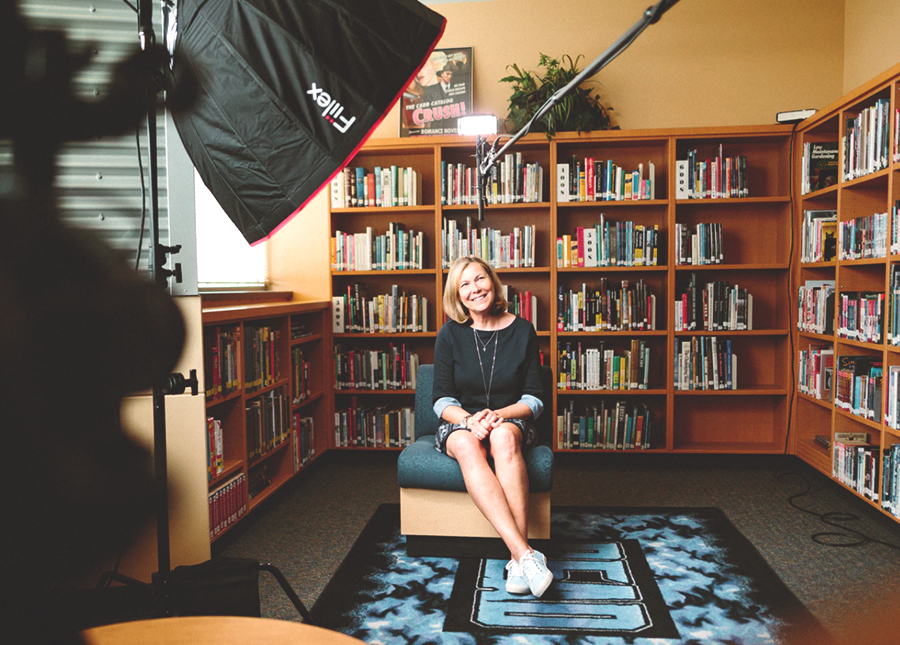True Life: I Was So Broke, I Donated My Plasma (But It Doesn’t End There)

After moving abroad and falling in love in China, my boyfriend and I moved back to the U.S. to build our careers and put down roots in Los Angeles. During our second year living in the city, he invited me to spend Christmas with his family in Arkansas—an ask that would normally thrill me—except I had less than $200 in my bank account at the time and too much pride to admit the trip was outside of my financial ability. The shame I felt around my financial woes led to my worst money mistake: I donated plasma to purchase Christmas gifts for my partner’s family… and I didn’t tell anyone about it.
At age 24, I had just finished graduate school with more than $65,000 in student loans. While I had my dream internship at a public radio station, the position paid only $12 an hour, and I frequently dipped into my savings to afford rent in a city known for its sky-high housing costs.
Given my financial instability at that point, I should’ve been searching for sustainable ways to break the paycheck-to-paycheck cycle. Instead, on two separate afternoons, I found myself hooked up to several beeping machines donating plasma in exchange for a $125 prepaid debit card—money that was quickly spent on a Nike jacket, art print, purse, golf balls, and an essential oil starter kit.
There’s no debating that plasma donations save lives. Plasma is commonly given to trauma, burn and shock patients, as well as people with severe liver disease or bleeding disorders. There’s absolutely no shame in donating plasma, nor is there shame in donating plasma to help pay bills. However, when I think back to the times I donated, my priorities were questionable and revealed an unhealthy attitude toward both money and relationships.
The crushing, ever-present weight of debt—coupled with my low-paying job—was causing immense financial stress. Instead of viewing my relationship as a partnership, I actively chose to hide my money troubles from my boyfriend because I didn’t want to burden him.
He had already offered to pay for my round-trip plane tickets to see his family over the holidays. How could I show up to his family’s house empty-handed? As someone whose dominant love language is gift-giving, admitting I was too broke to buy presents for my first Christmas with my partner’s family didn’t feel like a viable option at the moment.
Further peeling back the layers of my money shame, I also held the mistaken belief that net worth dictated self-worth. In my home growing up, one of the clearest barometers of success was financial wellness, so when my financial health was in jeopardy, I let my insecurities dominate my interactions.
I met my boyfriend’s family once before, but I built up this forthcoming trip in my head to be an audition of sorts. While I was genuinely interested in forming strong relationships with his parents and siblings, I naively believed that I could “buy” their approval.
Now after six years of dating and several more trips to Arkansas, I’ve come to realize that by placing such an emphasis on the material aspects of the holiday, I was also inadvertently making a judgment about his family; that they’re the type of people who would’ve thought less of me based on what I could place under the Christmas tree. But that’s a ridiculous assumption that couldn’t be any further from the truth.
In hindsight, openly communicating to my partner that my bare-bones budget didn’t allow for Christmas presents that year would’ve been the right move for our relationship, my wallet, and my sanity. If I had shown up with a homemade fruitcake for everyone to share, I’m sure his family would’ve been just as warm and inviting.
Four years later, I’ve since transitioned from working in news to a role in communications. I’m now fortunate enough to save for retirement, pay for my own travels and even set up a sinking fund specifically for holidays and gifts.
After unpacking my insecurities with a therapist, I’m proud to share that I have a much healthier relationship with money, and I’m just as proud of the progress my boyfriend and I have made toward having open conversations about finances. Carving out time for monthly “money dates” has added both accountability and purpose to our financial goals, and it’s been fun to dream about what we want our future to look like.
Looking back, sitting in a reclining chair in that sterile room donating plasma to afford Christmas presents wasn’t the worst money mistake I ever made. Thinking I had to do it was. I’m glad to now recognize the difference.
Linda Wang is a multimedia storyteller who loves to hike, travel and watch Korean dramas. You can find more of her words here and continue the money conversation with her on Instagram @money.memoir.
Image via Unsplash


